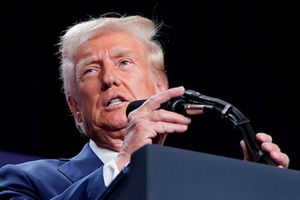South Africa’s ex-security minister arrested for corruption

Johannesburg. South Africa's elite police on Thursday arrested a senior lawmaker and ex-state security minister for graft, the first such high-profile arrest in recent years.
Bongani Bongo, a close ally of former president Jacob Zuma, is accused of offering a bribe to a lawyer who was building the state's case in a 2017 parliamentary inquiry into the troubled state-owned power utility Eskom.
"The charges are that he offered money to (an) advocate... which (the prosecutor) refused, that is the charge of corruption that we have against him now," prosecutions spokesman Eric Ntabazalila told state broadcaster SABC in Cape Town.
Bongo, who currently chairs the home affairs committee in parliament, appeared before a magistrate court and was freed on bail of 5,000 rand (306 euros, $340).
He was ordered to return to court on January 31.
Zuma appointed Bongo state security minister just two weeks after he allegedly tried to bribe lawyer Nthutuzela Vanara during a parliamentary probe into Eskom. He lasted only four months in the job before he was removed in a cabinet reshuffle.
Under Zuma, state-owned companies were at the centre of corruption scandals known as "state capture".
Zuma was forced to resign as president in February 2018 by the ruling African National Congress (ANC) party after a nine-year reign marred by corruption allegations and dwindling popularity.
Anti-graft watchdog Corruption Watch welcomed the arrest, saying it points to the commitment of President Cyril Ramaphosa's administration to tackle graft.
"The fact that a high-profile political figure like Bongo has been arrested is very encouraging," Corruption Watch executive David Lewis told AFP.
"There is determination on the part of the law enforcement basically to start enforcing the law," he said.




